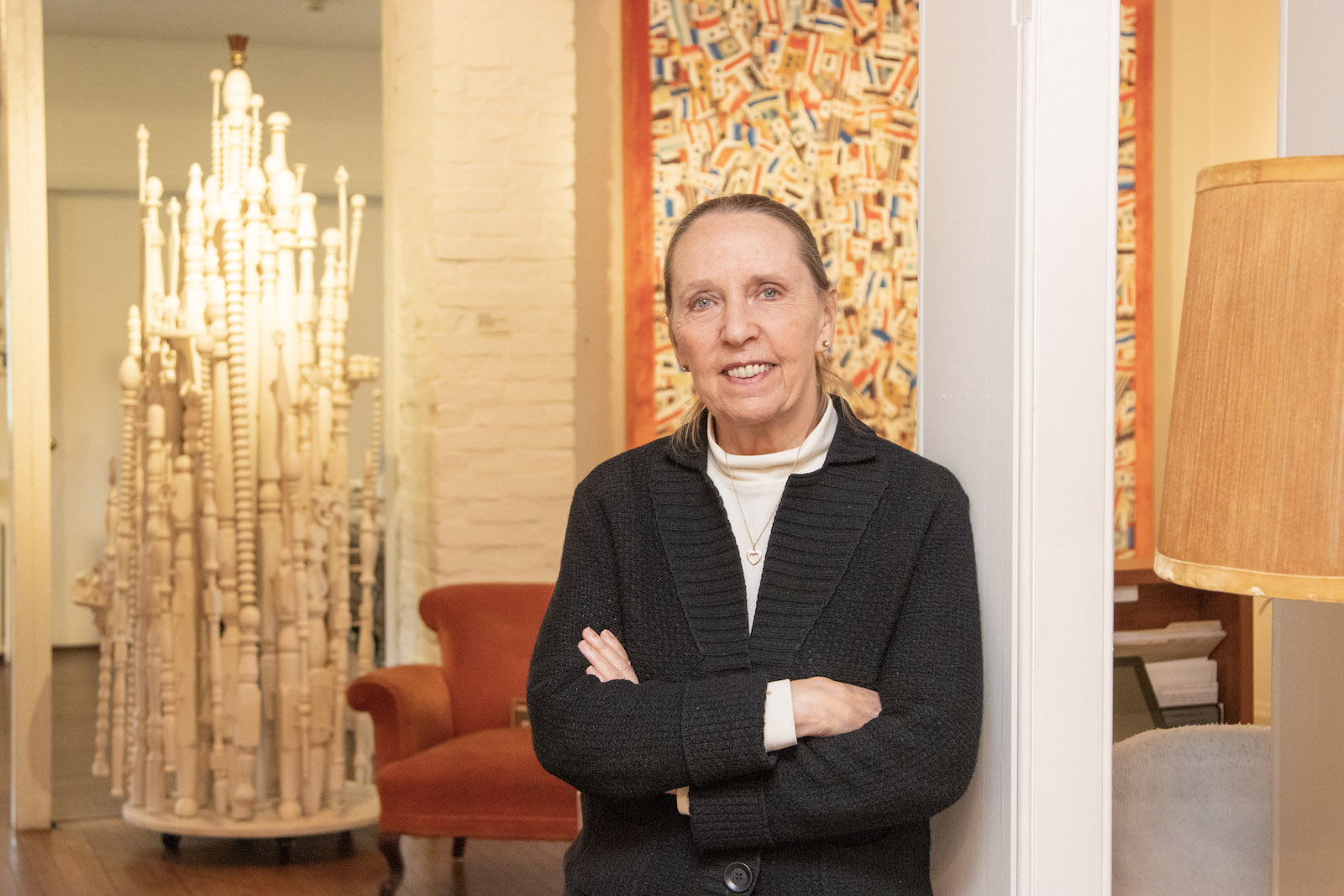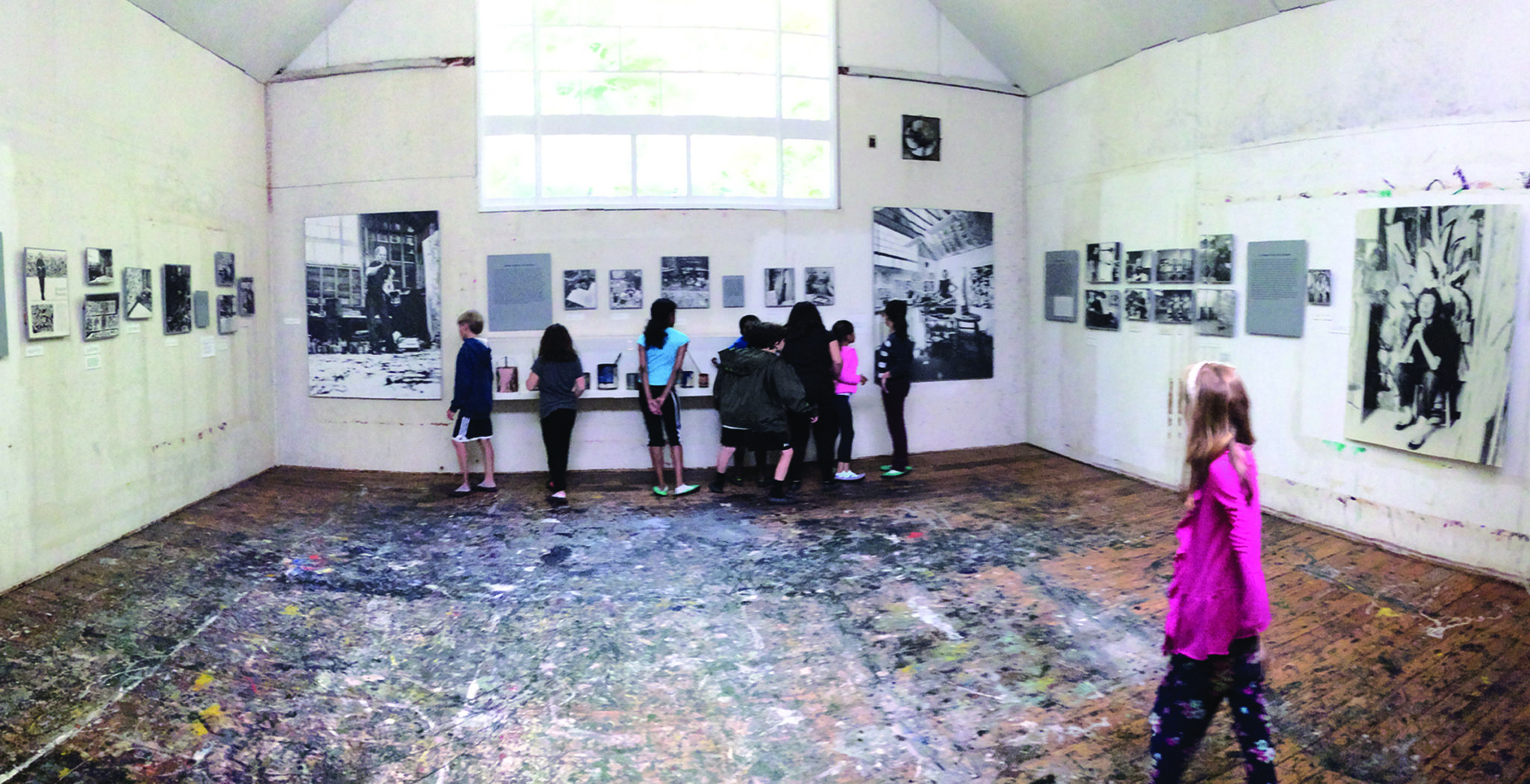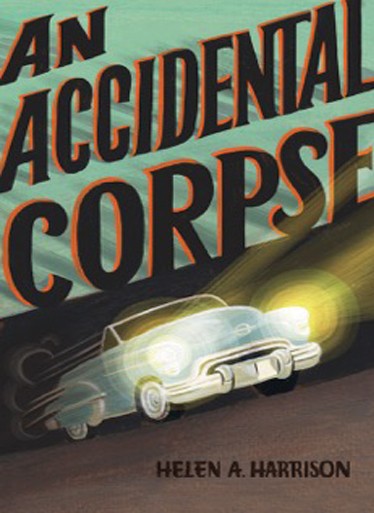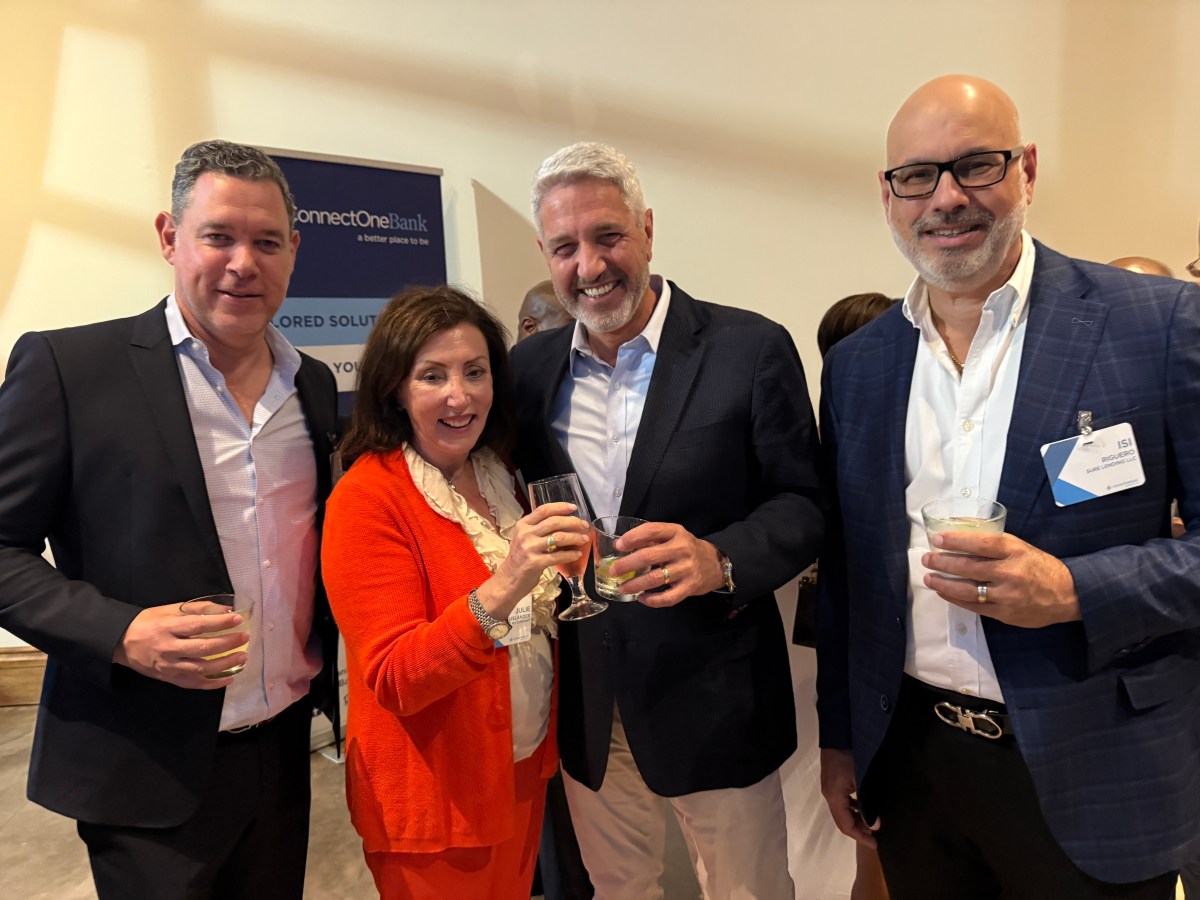Helen Harrison Retires from Pollock-Krasner House After 34 Years

Thirty-seven years after she serendipitously witnessed the uncovering of Jackson Pollock’s studio floor in Springs, and 34 years after she was tapped as director of the Pollock-Krasner House and Study Center, Helen Harrison is retiring from leading the local art mecca.
During her long tenure at the abstract expressionist masters’ home and studio, Harrison transformed the property into an important national landmark, she developed the affiliated Study Center for modern American art at Stony Brook Southampton, and secured an endowment that was essential for keeping the property financially viable for many years to come.
Among her final accomplishments as director, Harrison leaves behind a new university-endowed fellowship for studies in abstract expressionism. And despite her deep commitment to the Pollock-Krasner House, and passion for what she does there, the successful writer and vaunted art historian says she was ready to hand over the reins and give someone else a chance to lead.
“I’ve been doing this for 34 years and I felt it was time for some new ideas and some new directions perhaps. It was time for a change,” Harrison explains, pointing out that her successor, Stony Brook PhD student and Long Island native Matthew Ward, is taking over in February.
“We’ll be working together to get oriented and up and running for the season,” she says, explaining that Ward was just appointed on January 18. Once he’s fully in place, Harrison says she’d like to remain connected without stepping on any toes. “We have an advisory board which I hope I’ll be able to join, and we also have docent tour guides and I’d like to become one of them so I don’t lose my connection, but I won’t interfere with the new person.”
That connection runs deep. Harrison first visited the home and studio in 1987 as an art critic for The New York Times when they were pulling up the newer floor of Pollock’s former studio, which his wife, painter Lee Krasner, used for much longer: from 1957, just after her husband’s untimely death (in 1956), until her own death in 1984. Harrison watched as panels were removed to reveal the barn’s original wood floor where Pollock painted his most iconic drip paintings and made an indelible mark on the history of art — forever changing the way art is made and paintings are painted.
“So I came over and I literally covered the uncovering,” Harrison says, recalling being invited by the first Pollock-Krasner House director, Meg Perlman, who was hired to get the place up and running, and then discovered and uncovered the now famous floor. “It was very exciting because it made the studio more valuable as an interpretive tool.”

Looking back at her time as director, Harrison says she’s proud of a few key accomplishments. “There were a couple of landmarks. One was actually getting landmark status in 1994. That was a very important milestone for us because it legitimized the museum as a historic site of national importance. And then getting our endowment in 2012 – that also was very crucial to the long-term financial stability,” she explains.
“Helen Harrison’s undertakings for Stony Brook University and the Department of Art have gone far beyond her duties as Director of the Pollock-Krasner House and Study Center,” says former Interim Chair and Professor, Affiliated Faculty for Art, Margaret Schedel, honoring Harrison for all her work, pointing out that she “served the department in every facet of its entity, and at the highest level.”
Her final gift, Harrison’s new fellowship, is an annual three-month program that will regularly bring in new scholars eager to make a contribution of their own. Harrison hopes the Study Center will continue to expand its archive and offerings accordingly.
“This fellowship will help bring more scholars in to use our resources and the resources that are available in this area,” Harrison says, referring to the bustling East End artists’ community in a prepared statement about her retirement and the fellowship. “This is very important, because the first generation of scholars is dying out, and we need to keep this as an active field of study.”
The Pollock-Krasner House and Study Center has already contributed five specialists, four conferences and a publication to the field.
While Harrison is stepping down from her longtime role at the Center, she will continue to serve on the Larry Rivers Foundation board. She will also pursue her more recent career as an author of popular mystery novels, which started in 2016 with An Exquisite Corpse, the first book of her Art of Murder Mystery series featuring real art world figures in fictional stories.

“I’ve written four so far that have been published and I’m working on a fifth and hoping that will come out maybe next year. So I’ll be doing that,” Harrison adds, noting that she’ll return for the second Dan’s Hamptons Whodunit Festival and continue participating in East Hampton Library’s Authors Night, for anyone who might like to see her there.
The second book in her series, An Accidental Corpse, is about Jackson Pollock’s car crash and Harrison will read from it and sign copies of all her books at the Leiber Collection in East Hampton next Sunday, February 11 at 3 p.m.
To learn more about the Pollock-Krasner House and Study Center, visit stonybrook.edu/pkhouse.



